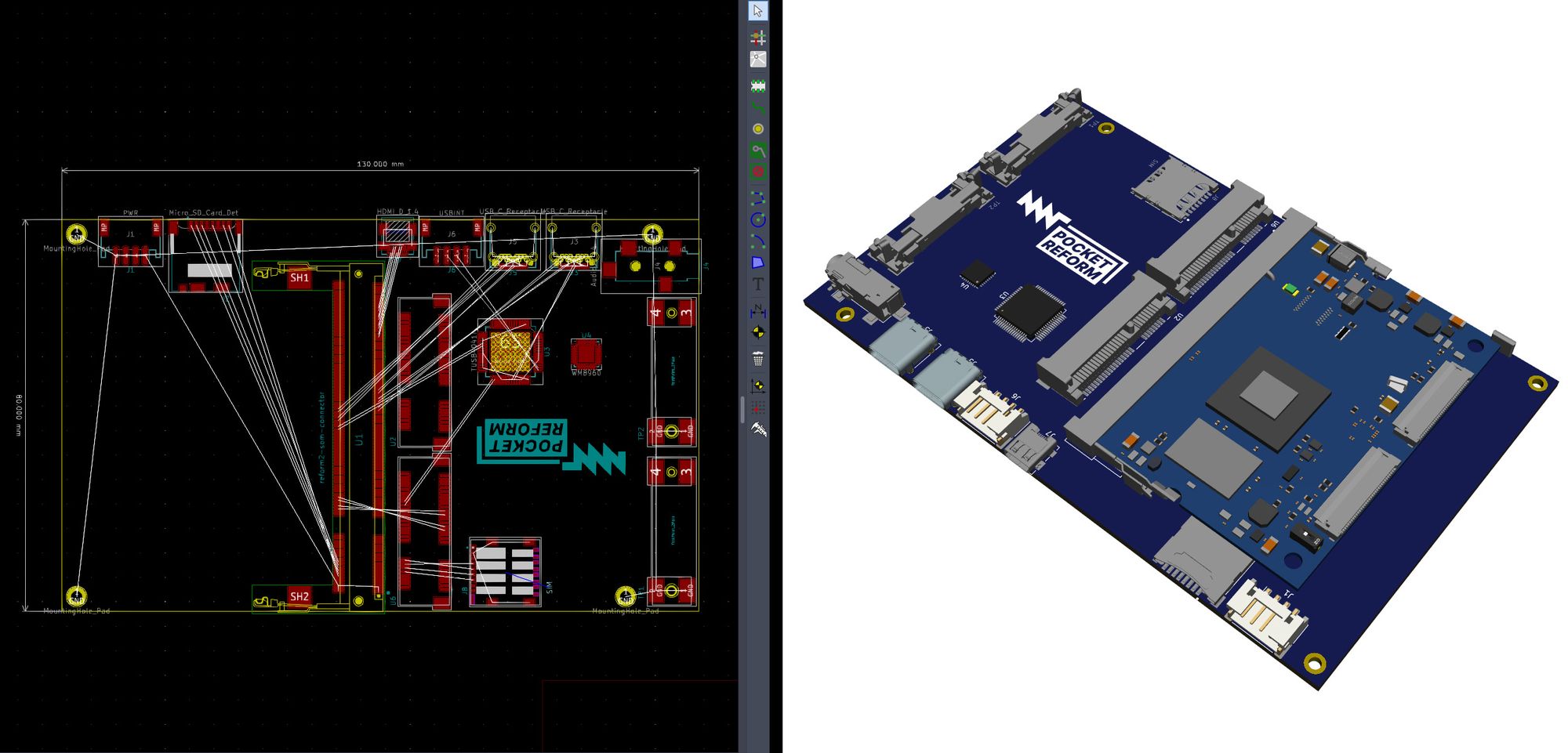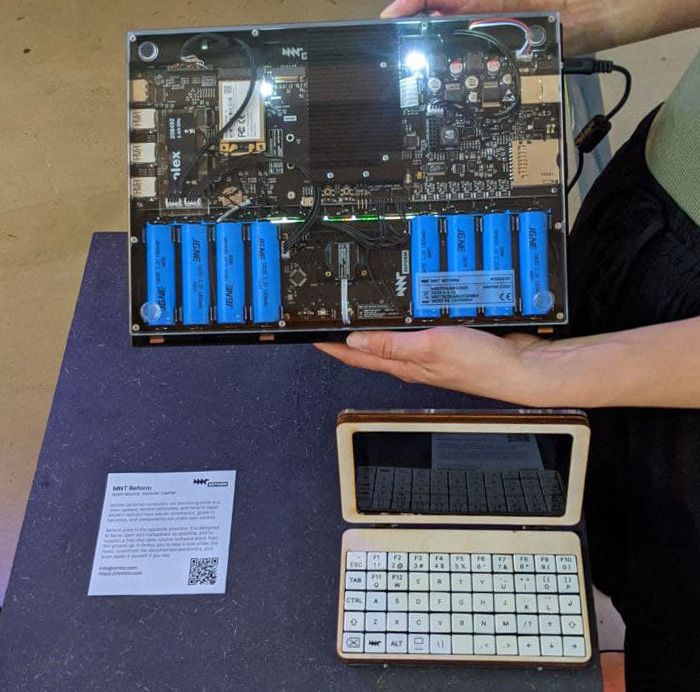Open Design Definition
Open collaborative design involves the development of physical products, machines and systems through use of publicly shared design information. All information involved in creating the object or system is made available on the Internet, so that other people can freely recreate it or help contribute to its further evolution.
This includes the making of both free and open-source software (FOSS) as well as open-source hardware. The process is generally facilitated by the Internet and often performed without monetary compensation. The goals and philosophy of the open design movement are identical to that of the open-source movement, but are implemented for the development of physical products rather than software. Open design is a form of co-creation, where the final product is designed by the users, rather than an external stakeholder such as a private company. (Advanced Civilisation, 2010)
Additionally open design means that the design is not only meant to be for one particular present device but also open for future possibilities. The aim is to enable the design to be not only used for one specific case but to make sure there are many different productive futures possible.
Using the open design approach of Berlin based design studio Mifactori, Pocket Reform is designed in the following way:
Standards
We design Pocket Reform with basic standard parts which are documented and open source. In this way we enable our users to work with the device and come up with personalised versions and different futures. It is also possible to use its single components of Pocket Reform as standalone parts.

Recycling and Supporting the Biosphere
Recycling keeps an open future as it keeps materials in the loop for future designs and reduces the pressure and damage on the environment that supplies us with raw materials. Recycling in electronics is still far away from being satisfying for the needs of our planet. We design Pocket Reform from the beginning in a way that single modules can be easily reused in different ways. This is how we provide new use cases for the components for a future scenario when Pocket Reform itself might get obsolete.
Additionally we source most of the material locally and experiment with what’s already there. We are based in MotionLab Berlin, a Maker Space with a lot of innovative start-ups CNC milling, 3D printing and laser cutting. For prototyping we actively reuse the left-overs and waste of other companies in the Maker Space. This way of experimenting ensures a high level of creativity in the development and also keeps transportation ways short.
Simple
Ideally Open Design is easy to understand and make for almost everyone.
Pocket Reform does not require special skills or high level expert knowledge to understand, assemble or repair. We aim for simplicity in the design to enable the users to hack and customize Pocket Reform or even use its parts to build something else out of it.
Educative
The future of an object is shaped by those who hold it in their hands. Open design educates people instead of addressing them only as consumers. Pocket Reform explains itself through its simple design. Following the idea of democratizing knowledge it comes with supportive documentation including a bill of materials, assembly instructions, original design, repair tutorials and a very active and supporting community.

Modularity
Modularity where it supports various (re)uses is a key to supporting many different futures of a product. Pocket Reforms modularity will allow the components to be used in different devices in the future. Also single parts can be used and connected stand alone.
Upcycling
Open Design is made for reuse and remix in order to enable different futures. Pocket Reform makes it easy to reuse parts and materials. Despite the modularity of electronic parts we are also working on the idea that the casing can be custom made from different materials which users source within their environment to recycle. Pocket Reform provides the design files, instructions and addresses of Maker Spaces or open studios to create a self made case out of recycled material.
We are aware of the fact that developing Circular Electronics is not an easy ride. It will take years until there is standardisation supporting the circularity in electronic development. We gotta start somewhere and for us Open Design seems like the right starting point.
Sources:
Advanced Civilisation: Open collaborative design. Accessed on June 9th 2021 on https://web.archive.org/web/20190629170541/http://adciv.org/Open_collaborative_design
L. Zimmermann (May 28th 2020): Mifactori Studio: What is open circular design?. Accessed June 4th 2021 on https://mifactori.de/what-is-open-design/#deutsch
